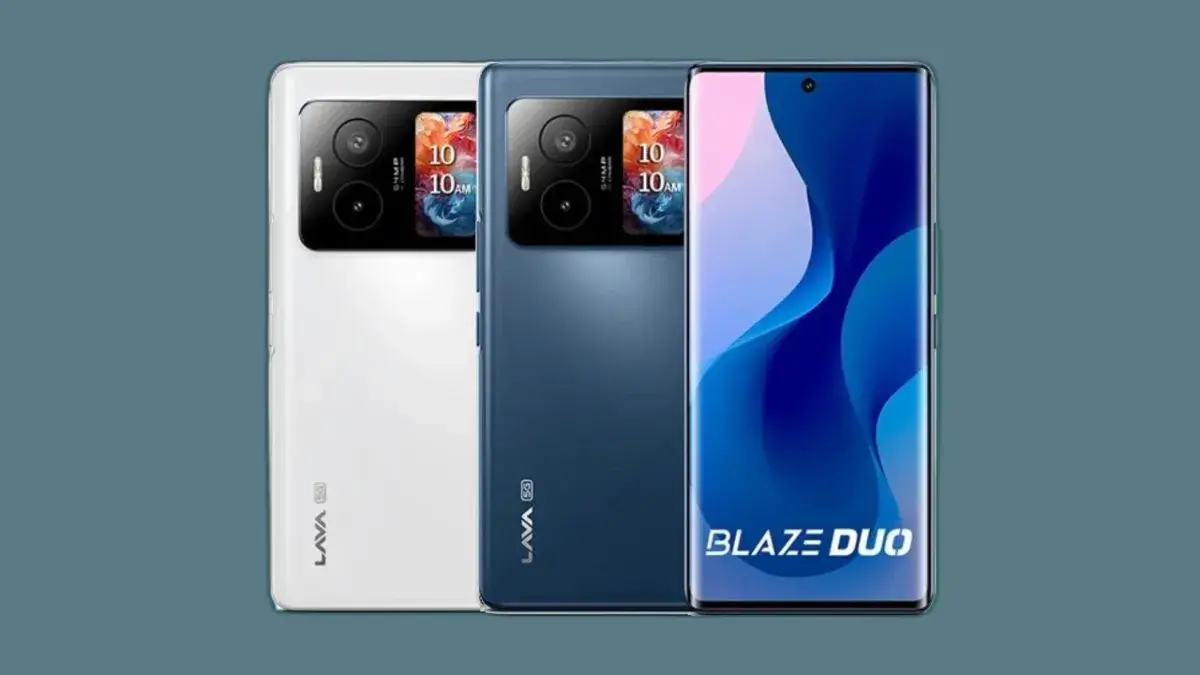Onafriq and Circle Partner to Transform Cross-Border Payments in Africa
Africa’s payment landscape is about to change dramatically. Onafriq, the continent’s leading payments platform, has formed an important partnership with Circle, the company behind the popular USDC digital currency. Together, they aim to solve one of Africa’s biggest financial challenges – making cross-border payments faster, cheaper, and more reliable for millions of people and businesses.
Currently, sending money between African countries is far more difficult than it should be. When someone in Kenya wants to send money to Nigeria, or a South African business needs to pay a supplier in Ghana, the process is slow and expensive. Shockingly, more than 80% of these payments have to go through banks outside Africa, usually in America or Europe. This outdated system creates several problems. First, it’s costly – Africans pay about $5 billion every year just in transaction fees. Second, it’s slow – payments that should be instant can take several days. Third, it keeps African economies dependent on foreign financial systems.
The new partnership offers a better solution using USDC, a type of digital currency that’s pegged to the US dollar. Here’s how it will work: Instead of sending money through multiple foreign banks, payments will move directly between countries using blockchain technology. This means transactions that currently take days will settle in minutes. The fees, which sometimes eat up 10% or more of the payment amount, could be cut in half or more. Importantly, the system will work with both traditional bank accounts and mobile money wallets, making it accessible to everyone from large corporations to small market traders.
Onafriq brings crucial infrastructure to this partnership. Their network already connects over 500 million mobile money accounts and 200 million bank accounts across 40 African countries. They also work with more than 400,000 payment agents who help people in rural areas access financial services. By adding Circle’s USDC technology to this existing network, the partners can create a payment system that truly serves Africa’s needs.

The benefits of this partnership could be enormous. Small businesses will find it easier and cheaper to buy supplies from neighboring countries. Families receiving money from relatives working abroad will get more of their hard-earned cash. Workers moving between countries for jobs will be able to send money home more affordably. Over time, easier payments could boost trade between African nations and help the continent’s economies grow faster.
Dare Okoudjou, Onafriq’s CEO, explains why this matters: “We’re building a payment system that works for Africa, not against it. By making cross-border transactions simple and affordable, we can help businesses grow and families prosper.” Miriam Kiwan from Circle adds: “Digital currencies like USDC are perfect for Africa’s needs. They’re fast, low-cost, and work for everyone with a mobile phone.”
The partners plan to start testing the new system in late 2025, beginning with a few countries before expanding across the continent. They’ll work closely with governments and regulators to ensure the technology meets all financial rules and protects users. There will also be education programs to help people understand and trust the new payment options.
This partnership represents more than just a technical upgrade – it’s a chance to build a financial system that finally works for Africa. By combining Onafriq’s local knowledge and reach with Circle’s global technology, they’re creating a solution that could make sending money between African countries as easy as sending a text message. For millions of Africans who rely on cross-border payments, this change can’t come soon enough.


